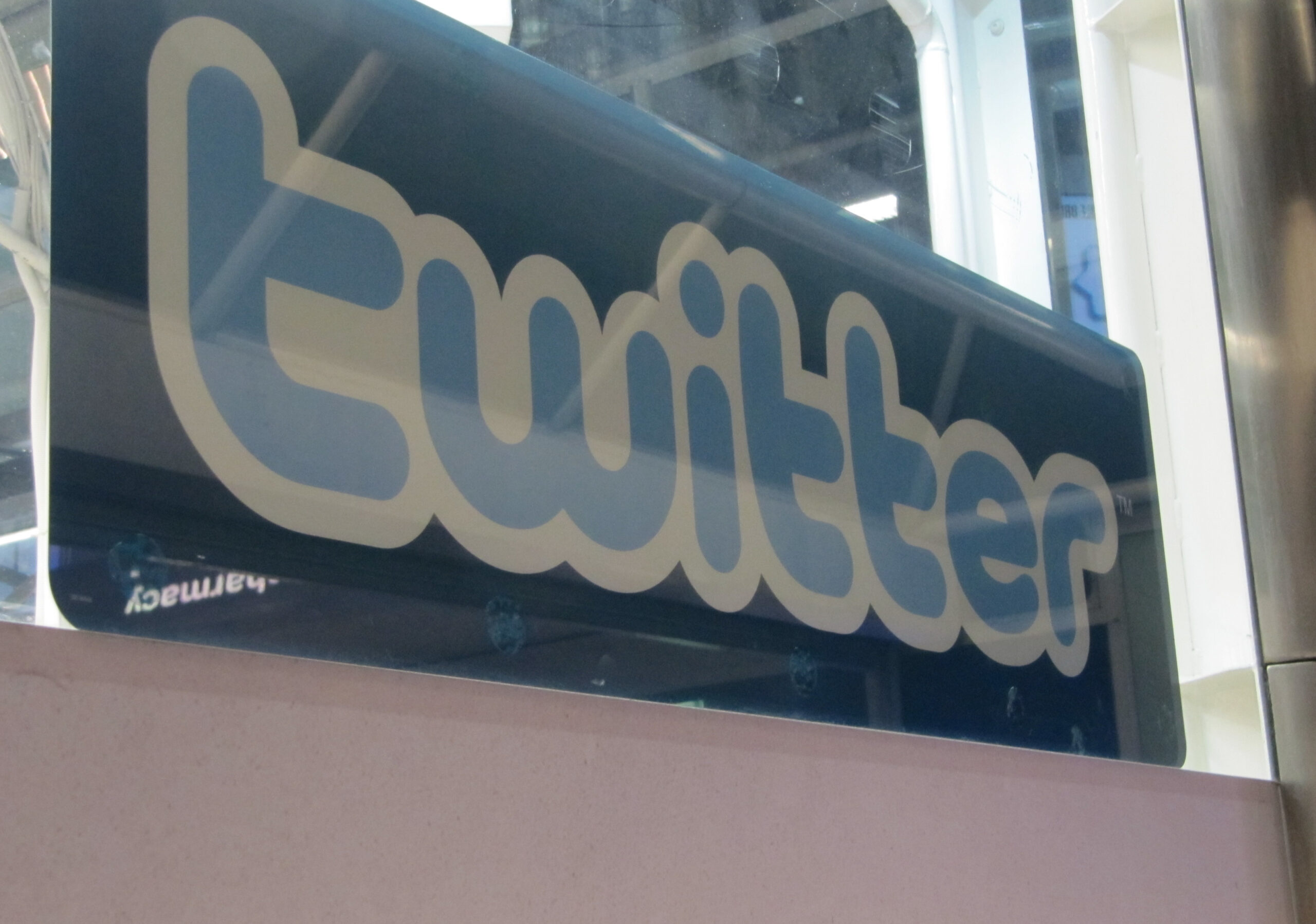Civilization
Flippancy Is Destroying Public Discourse. Here’s How We Can Fix It

Last week, “Not the Bee,” the non-satirical wing of the Christian satire site The Babylon Bee, scathingly attacked conservative New York Times columnist David French for his First Amendment-based critique of Louisiana’s mandating the Ten Commandments in classrooms. Largely dodging French’s actual arguments, the piece instead questioned his intellect, morals, and even his Christian faith, all amidst a plethora of flippant remarks and insults. Although such intra-conservative infighting might not seem worthy of attention, this incident serves as a microcosm of how flippancy is destroying American public discourse on both sides of the political spectrum.
Flippancy “flips off” attempts at serious discourse
As a psychologist and leadership researcher, I help leaders develop self-awareness, humility, and the ability to unite people to achieve common goals. Without these, effective leadership becomes impossible. Unfortunately, these qualities are startlingly absent from those leading American public discourse.
Incivility has become a buzzword in American politics, with polling data indicating it to be one of voters’ primary concerns. However, paradoxically, media outlets like Not the Bee, or their left-wing equivalents like Occupy Democrats or the Young Turks actively exacerbate the problem and become very popular for doing so. Popular discourse is dominated by provocateurs like Candace Owens, Matt Walsh, Jon Stewart, and John Oliver, who thrive on making edgy, often insulting statements about their political opponents. This flippancy doesn’t challenge or develop its audience, but simply reinforces their personal prejudices about the ridiculousness of their political foes. If the goal is a more civil society, then the leaders of our popular discourse could not be doing a worse job at accomplishing it.
Christian author and apologist C.S. Lewis described the dangers of flippancy in his book The Screwtape Letters:
Among flippant people … every serious subject is discussed in a manner which implies that they have already found a ridiculous side to it … [Flippancy] is a thousand miles away from joy: it deadens, instead of sharpening, the intellect; and it excites no affection between those who practise it.
Divisive humor
As Lewis points out, while some forms of humor can unite and even foster self-reflection, flippancy divides and reinforces one’s own sense of superiority. Research shows that humans can intuitively detect the motives behind humor. When intended to create connections and overcome barriers, humor can be an incredibly powerful tool. However, flippancy – also known as hostile or aggressive humor – is intended to mock and belittle, and creates an environment where, fun as it might be to laugh at people you dislike, everyone secretly worries they might be the next target. Such an environment makes meaningful dialogue impossible.
Effective change requires active engagement with diverse viewpoints through meaningful conversations with those with whom we disagree. Insults like those that Not the Bee threw at David French aren’t going to change anyone’s mind. Instead, positive change will require (dare I say it) civil discourse, marked by empathy and mutual respect even between those with fundamental disagreements. Such engagement might be impossible on the Internet (although it would be nice to see some good-faith attempts at it), but it is very much possible – and fundamentally important – in the real world.
Have nothing to do with such people – 2 Timothy 3:5
Fighting incivility requires intentionally shifting away from flippant influencers or online echo chambers to instead focus on real-world interactions. Such a shift can take the form of a formal intervention, such as those offered by Everyday Democracy or Essential Partners, but it can also be informal and self-directed, too. What matters is that conversations and other interactions are open-minded, humble, and most importantly respectful.
So, go to a bar or a coffee shop and discuss ideas with your friends and acquaintances. Stay late at your place of worship and engage in real, meaningful conversations with fellow congregants. Seek out alternate viewpoints and engage in real discourse with real people with whom you disagree. Such interactions will create genuine, empathetic connections across ideological divides, which will do more to help society than any number of likes, reposts, or re-tweets ever will.
Conservatives shouldn’t use flippancy themselves
It’s undeniable that flippancy and mockery can provide momentary satisfaction. It’s fun to see someone “own the libs” or “trigger conservatives,” to call out someone’s foibles and have a laugh at their expense. That’s why flippancy is so alluring – and why it is so easily exploited by those seemingly more intent on social media attention rather than leading constructive social discourse. However, if we truly want a less polarized society, that must start with addressing even the small ways we make it less civil through flippant jokes and insults. It also means having higher expectations of those who lead our popular discourse. If we truly want a more civil civil society, we need to start with how that society talks – and jokes – amongst itself.
This article was originally published by RealClearPolitics and made available via RealClearWire.
Dr. Aaron Pomerantz is a social psychologist and postdoctoral research fellow at Rice University's Doerr Institute for New Leaders, where he studies the psychology of destructive leadership and strategies for developing ethical leaders in both society and higher education.
-

 Accountability2 days ago
Accountability2 days agoWaste of the Day: Principal Bought Lobster with School Funds
-

 Constitution2 days ago
Constitution2 days agoTrump, Canada, and the Constitutional Problem Beneath the Bridge
-

 Executive24 hours ago
Executive24 hours agoHow Relaxed COVID-Era Rules Fueled Minnesota’s Biggest Scam
-

 Civilization23 hours ago
Civilization23 hours agoThe End of Purple States and Competitive Districts
-

 Civilization5 days ago
Civilization5 days agoThe devil is in the details
-

 Executive4 days ago
Executive4 days agoTwo New Books Bash Covid Failures
-

 Civilization4 days ago
Civilization4 days agoThe Conundrum of President Donald J. Trump
-

 Executive4 days ago
Executive4 days agoThe Israeli Lesson Democrats Ignore at Their Peril








